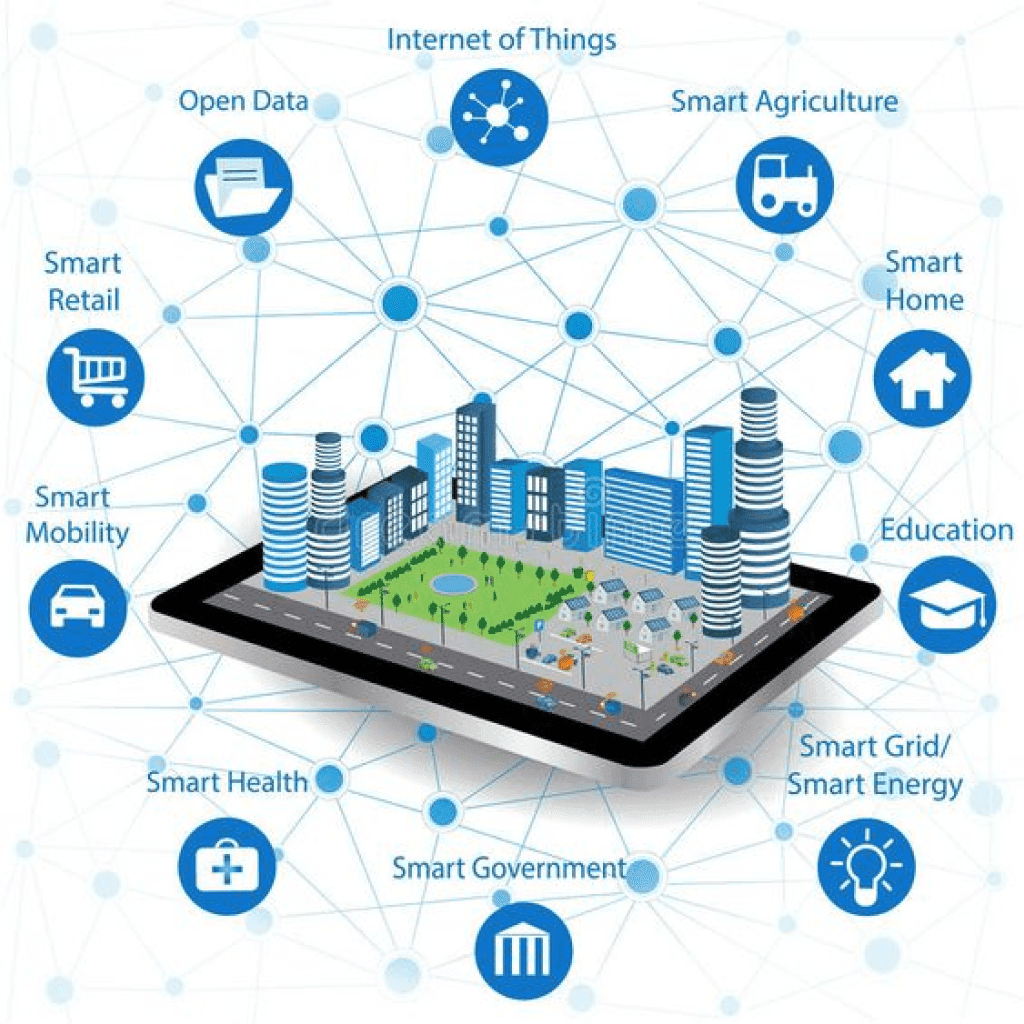Indonesia is embracing Indonesia Smart City Innovations to address urban challenges and improve quality of life. With rapid urbanization, cities like Jakarta, Medan, and Makassar are implementing digital solutions to build efficient and sustainable urban environments. However, significant challenges remain, pushing Indonesia to enhance its approach to smart city development.

Current Status of Indonesia Smart City Innovations
According to the IMD Smart City Index 2024, Jakarta ranks 103rd, Medan 112th, and Makassar 115th out of 142 cities worldwide. These rankings highlight the need for better urban infrastructure, technological integration, and connectivity.
Despite the challenges, Indonesia has made notable progress. In Jakarta, digital services are gaining public trust. For example, online transport scheduling received an impressive satisfaction score of 83.2. Similarly, online healthcare scheduling earned a strong score of 81.1, proving that citizens appreciate accessible and efficient services.
Read Also: Opportunities in Indonesia Urbanization and Construction Growth
Key Smart City Initiatives in Jakarta
Indonesia Smart City Innovations focuses on human-centric development. This approach ensures inclusivity and sustainability in urban planning. Jakarta, as the capital, serves as a key example of smart city innovations:
- Mobility Solutions:
Traffic congestion remains a major problem, with 66% of residents identifying it as a critical issue. Smart technologies like real-time traffic updates and online transport scheduling have helped alleviate some of these problems. Jakarta’s mobility technologies scored 75.8 for traffic information availability, showing significant advancements in urban transport systems. - Urban Challenges:
Issues like air pollution (reported by 68.4% of residents) and corruption (51.7%) continue to impact urban livability. Addressing these challenges through smart technology is critical for creating healthier and more functional cities. - Public Digital Services:
Platforms for online ticket booking and healthcare scheduling are major wins for urban connectivity. These services not only improve convenience but also reduce waiting times and promote digital literacy.
Balancing Economic and Environmental Goals with Indonesia Smart City Innovations
A smart city is not just about technology—it also focuses on economic and environmental factors. The IMD Smart City Index evaluates cities on their economic performance, environmental sustainability, and quality of life. For Indonesia, balancing these aspects is essential to achieving long-term urban growth.
By prioritizing clean air, reducing congestion, and fostering innovation, Indonesia can move closer to becoming a leading example of smart city development. Investing in green technology and public digital solutions will enhance urban living while promoting economic stability.
Read Also: Going Green: Indonesia Renewable Energy in Construction
Read Also: The Big Push for Sustainable Infrastructure Projects Indonesia
The Role of Human-Centric Development in Indonesia Smart City Innovations
Indonesia Smart City Innovations emphasize a human-first approach. Ensuring that digital solutions benefit everyone is key. From improved public transportation to online healthcare access, these innovations are designed to make urban living simpler, healthier, and more inclusive.
Indonesia’s smart city initiatives are transforming urban infrastructure and connectivity. While challenges like traffic congestion, air pollution, and corruption persist, smart technologies are paving the way for a brighter urban future. By focusing on human-centric solutions and sustainability, cities like Jakarta can overcome these challenges and set an example for others.
As Indonesia continues to adopt Indonesia Smart City Innovations, it moves closer to creating more efficient, livable, and connected cities for its citizens.

